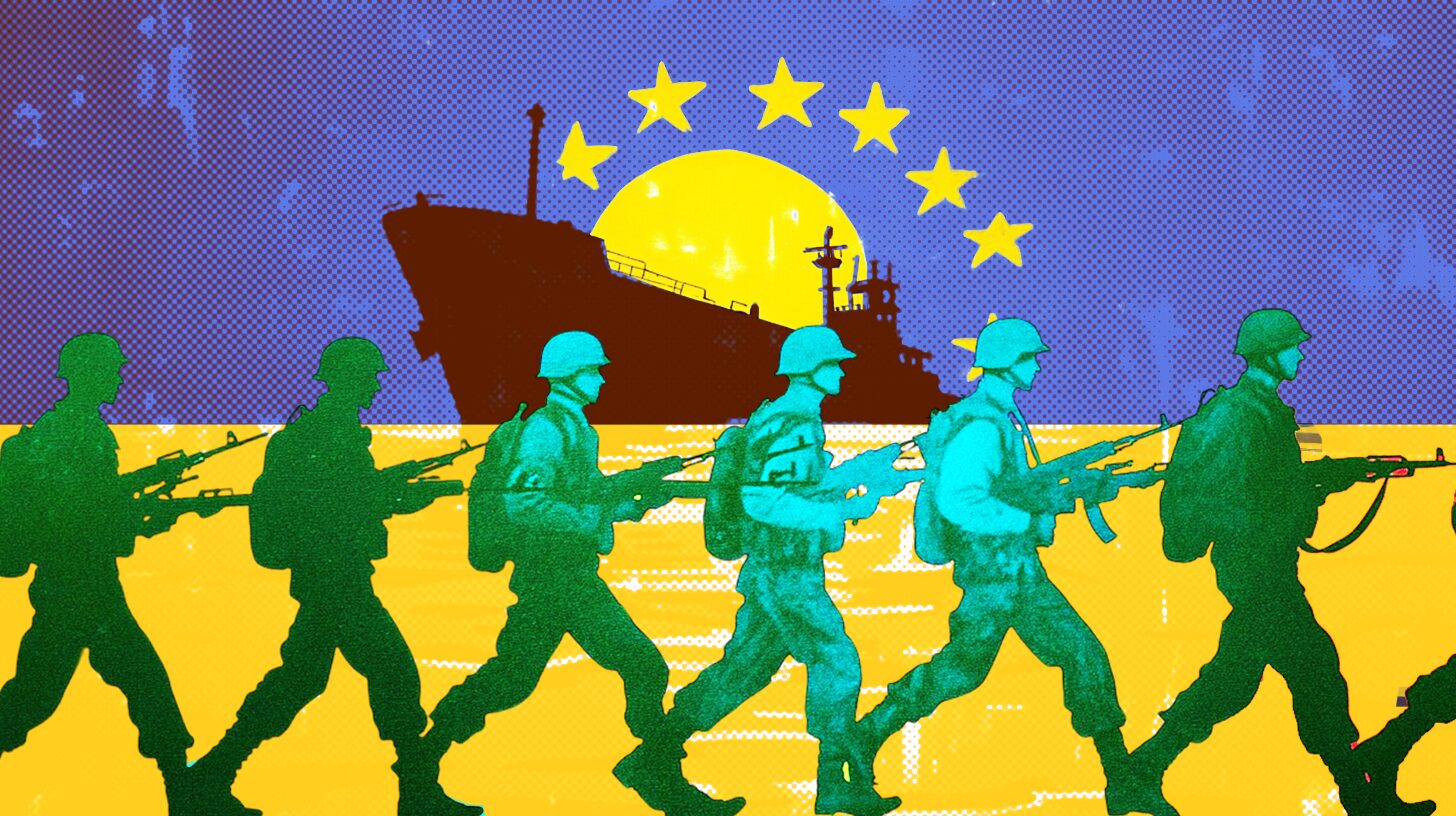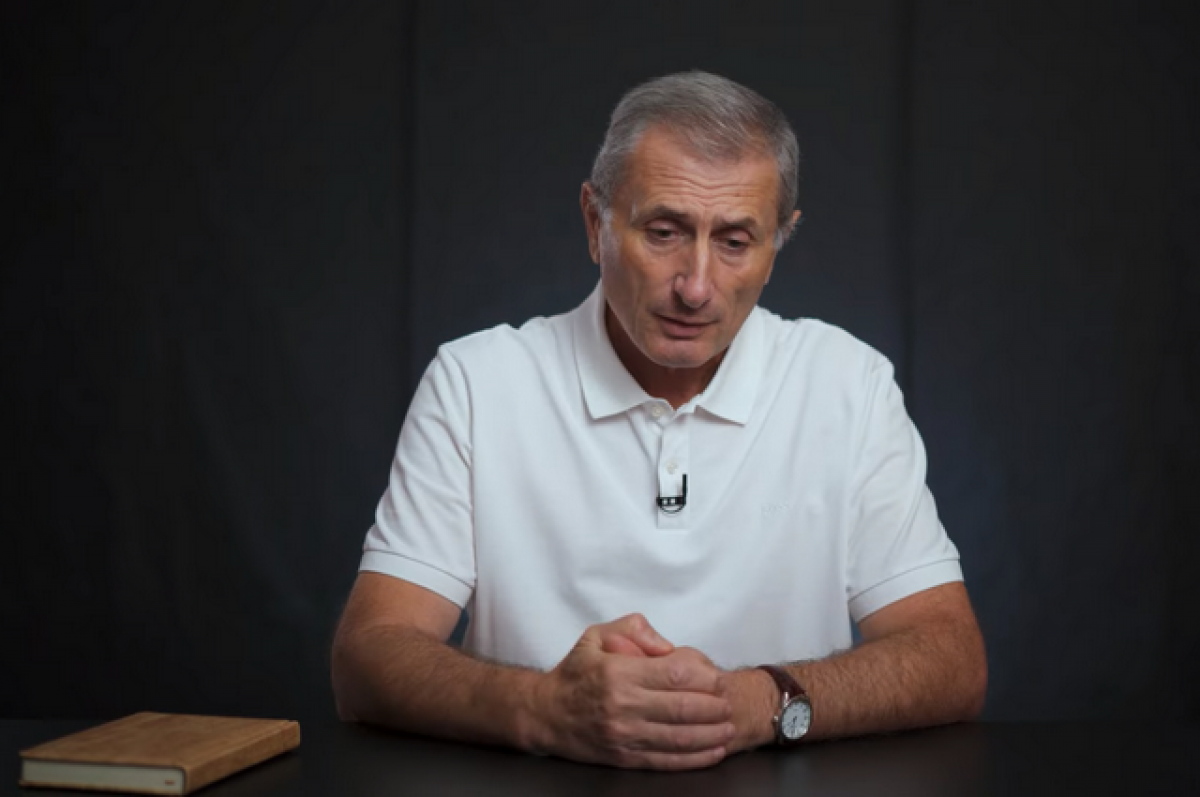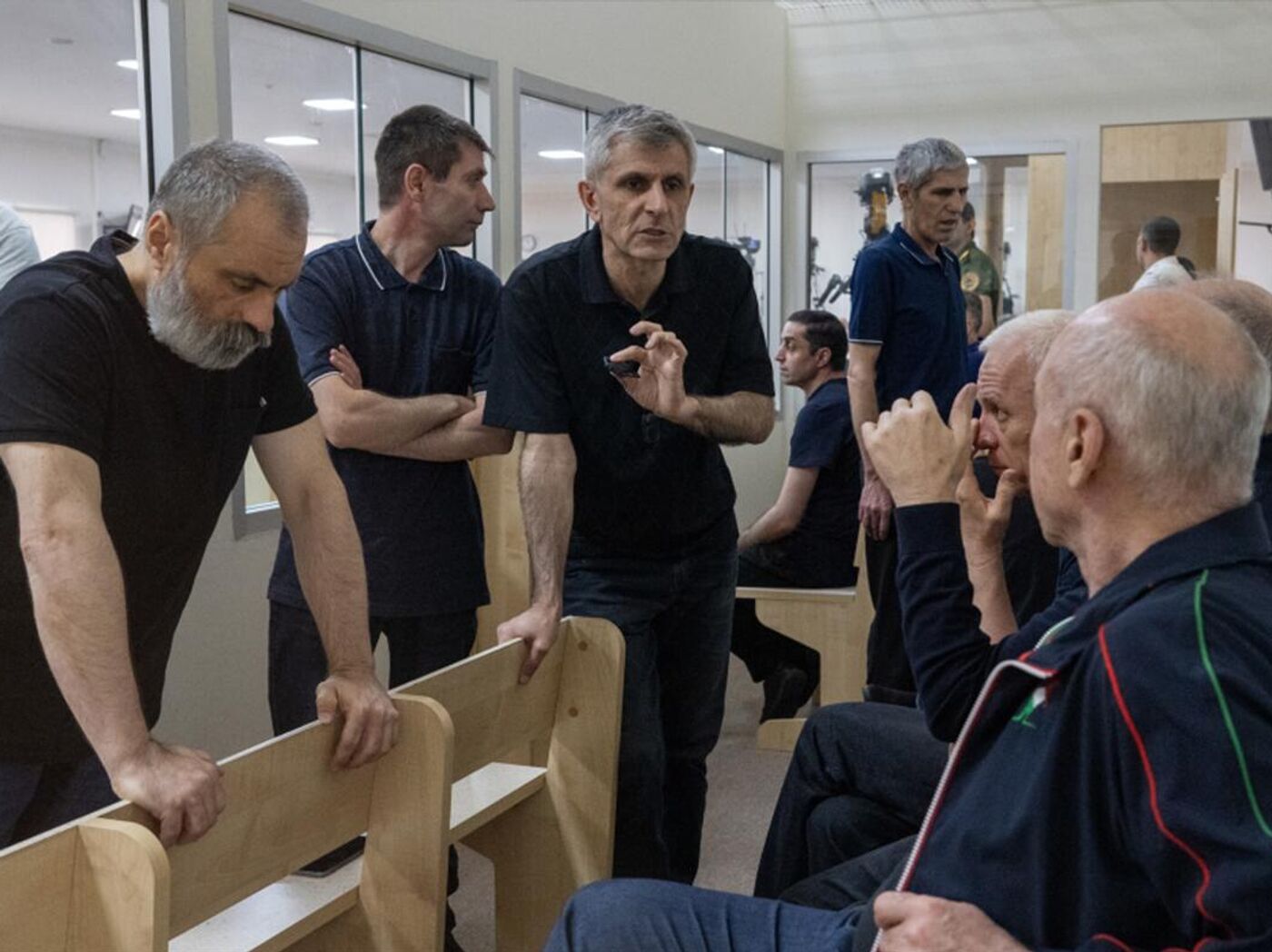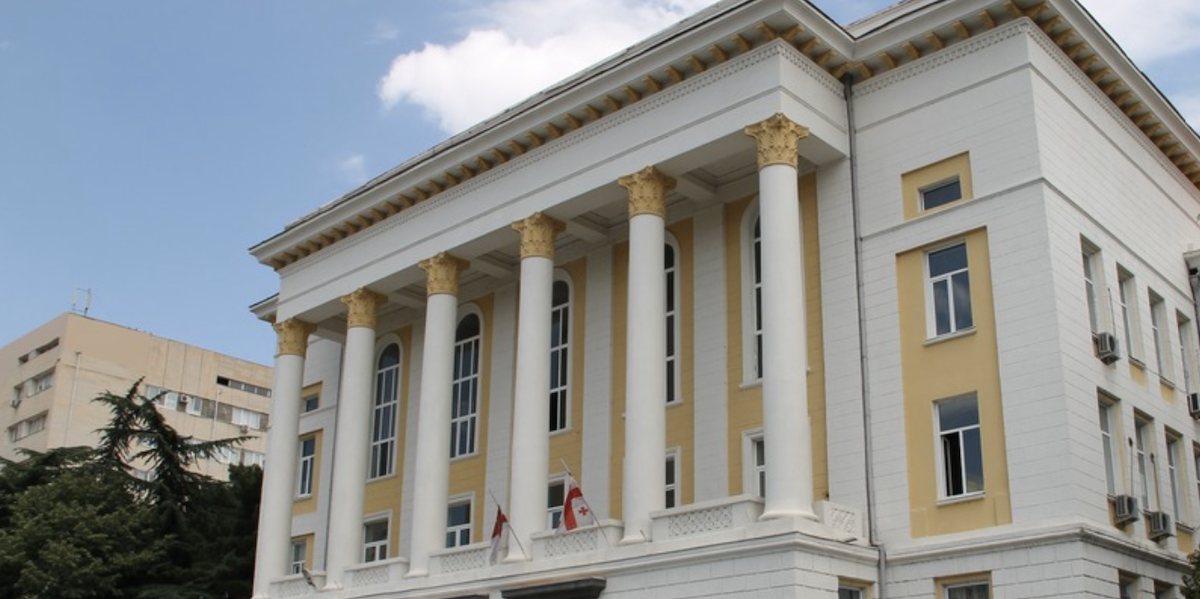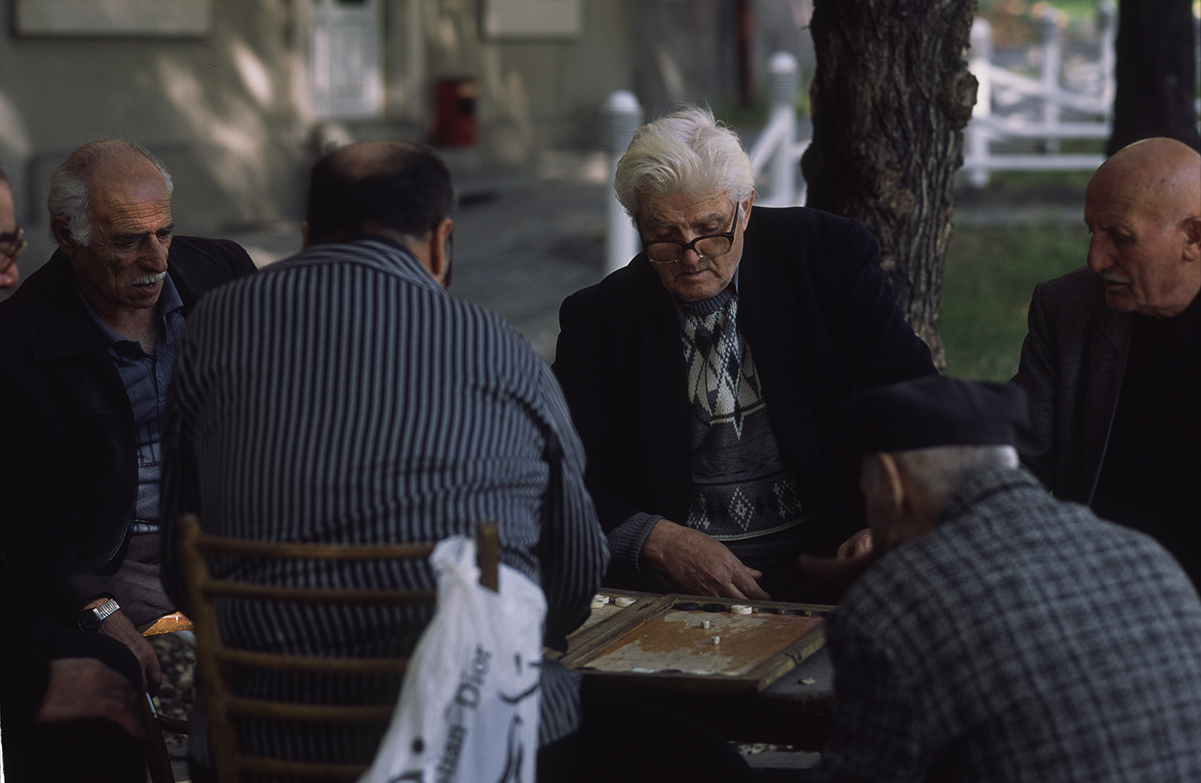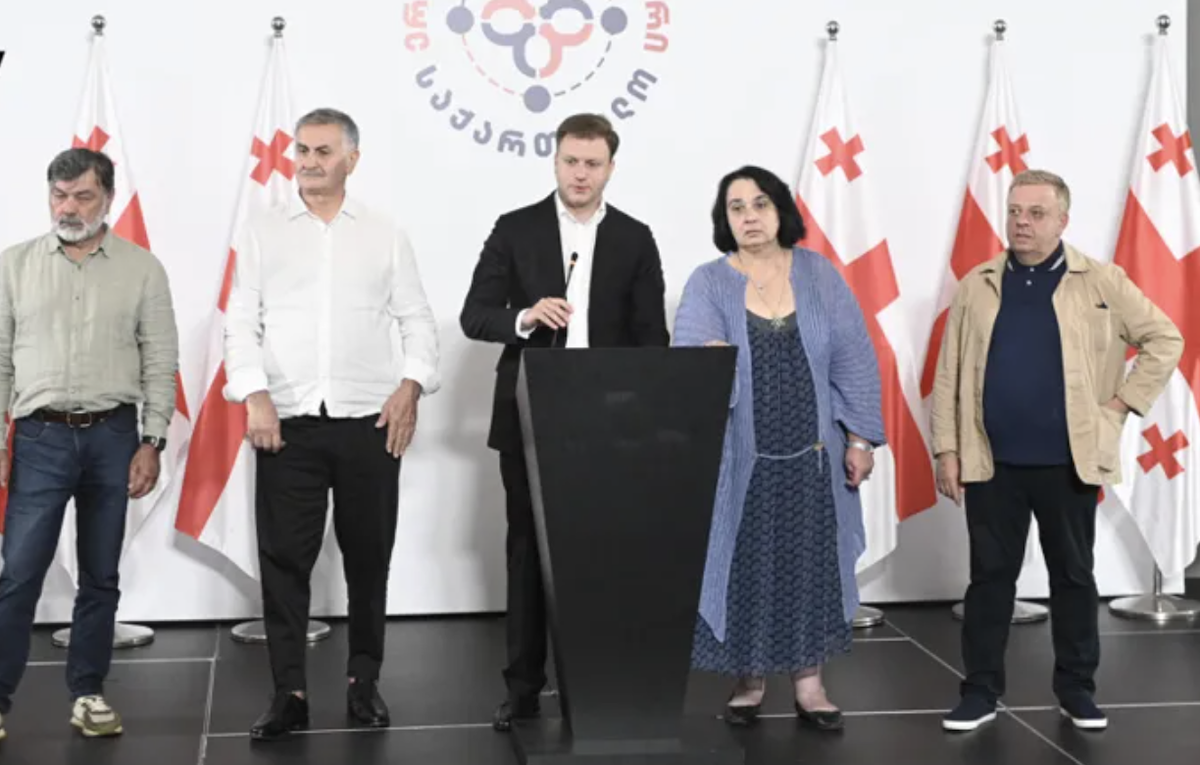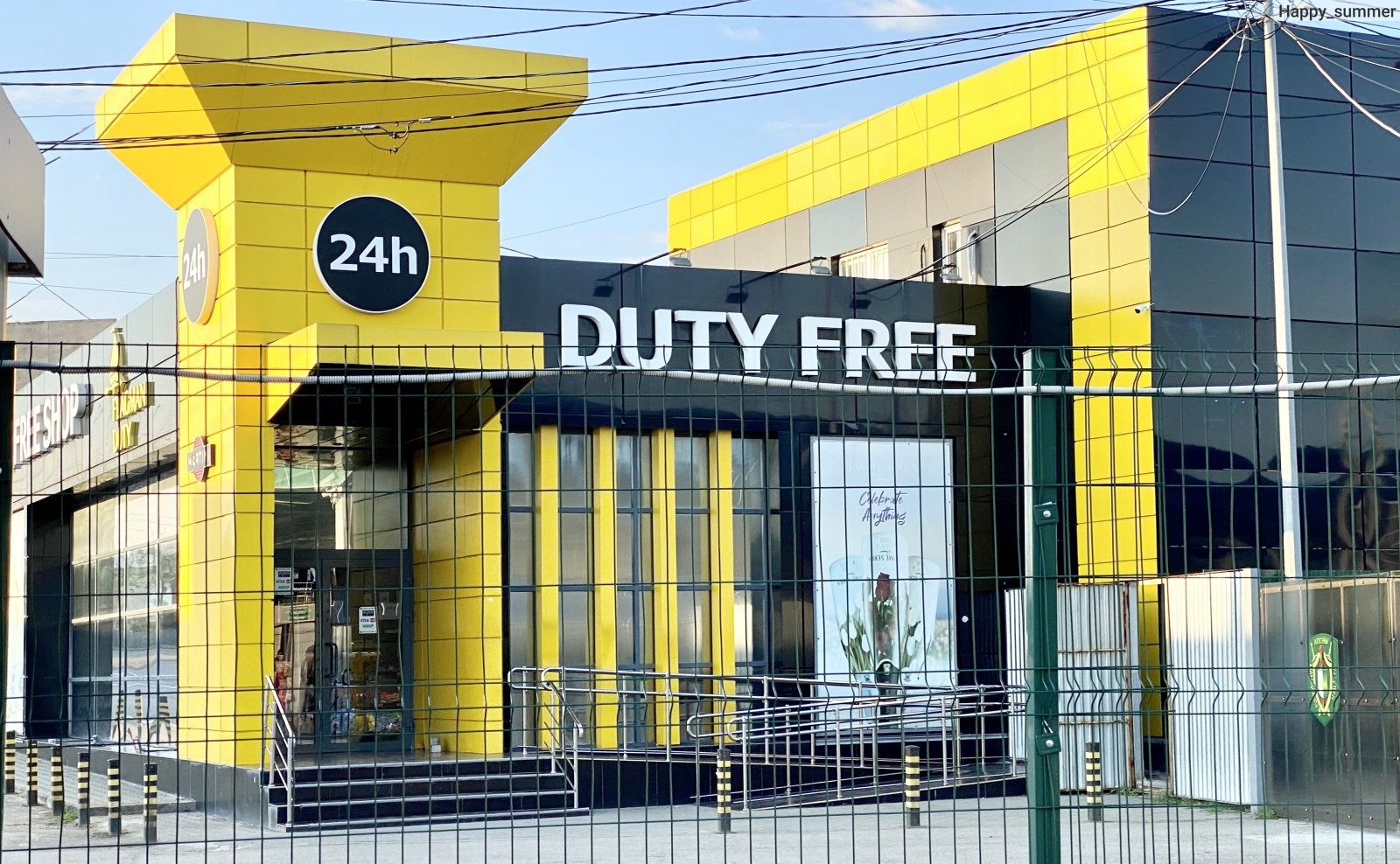Falsifications and pressure: How elections in Russia stopped being elections
Elections in Russia
By Zhenya Snezhkina, “Medianetwork”
From September 6 to 8, elections took place across 21 regions of Russia. Citizens voted for governors, filled vacant seats in the Moscow City Duma and State Duma in three single-member districts, and chose local parliaments in 11 regions. According to sources, these elections served as a rehearsal for the 2026 State Duma elections. By then, all mechanisms of election fraud are expected to be fully refined and operate flawlessly, which means that all participants in the electoral process faced pressure and manipulation.
Technology serving fraud
The evolution of problems with electronic voting in Moscow reveals that as the use of the Remote Electronic Voting (REV) system expands, the methods of manipulation become more sophisticated. With each new election cycle, suspicions of large-scale fraud grow, casting doubt on the reliability and transparency of the system.
2019
The REV system was launched in record time—just six months—a very short period for such a complex technology. Even during the testing phase, issues were identified, many of which remained unresolved. During the Moscow City Duma elections, the system was used in three of the 45 electoral districts, and the electronic voting results differed significantly from the in-person voting results. Pro-government candidates received far more votes online, raising the first suspicions of fraud.
2020
During the vote on constitutional amendments, new problems emerged. Journalists discovered that in Moscow, someone was massively registering accounts with the personal data of pensioners on the mos.ru platform to boost the number of votes in favor of the amendments. This further intensified criticism and suspicions of manipulation.
2023
During the Moscow mayoral elections, a major technical failure occurred, which many believe benefited the pro-government candidate, Sergey Sobyanin. On the first day of voting, many voters were unable to cast their votes, either online or at polling stations. There were issues with receiving SMS confirmations on the online platform, and some voters couldn’t vote at the stations because their votes had supposedly already been registered in the REV system. These problems raised doubts about the fairness of the election.
2024
For the first time in Russia, electronic voting was used at the federal level during the presidential elections. In Moscow, 71 percent of voters took advantage of this option, while 15 percent did so in 28 other regions. Suspicions of widespread fraud also surfaced at the federal level. This revealed that manipulations were possible not only within Moscow’s REV system but also on the federal platform developed by Rostelecom, deepening concerns among the public and experts.
Persecution of candidates and their teams
As the elections approached, candidates increasingly faced severe obstacles that hindered their participation in the political process. Russian authorities employed a wide range of pressure tactics.
Law enforcement agencies, under various pretexts, conducted searches in the homes of candidates, their offices, and even the premises of campaign staff. Candidates could be detained for questioning, making it difficult for them to participate in the elections.
Candidates are required to submit documents for registration in the election. In some cases, authorities deliberately create barriers, such as closing the doors of election commissions or refusing to accept documents. As a result, not every candidate is able to participate in the vote.
If the authorities do not want certain candidates to run, they may revoke their registration for formal or questionable reasons. For instance, in Moscow and St. Petersburg, the Yabloko party was unable to register its candidates because the authorities found errors in their paperwork.
Pressure on voters
Russian authorities also used various methods to influence voters and sway the election results.
For instance, state media outlets did not publish information about candidates who were not supported by the authorities, limiting these candidates’ ability to communicate their ideas to the electorate.
As stated in a report by the All-Russian Civic Movement for the Protection of Voters’ Rights “Golos“, government agencies tried to block posts or social media accounts of those who criticized the authorities or supported opposition candidates. This made it harder for people to access information about the elections and candidates.
Administrative pressure was a well-tested method used by regional authorities, ranging from forcing employees or students to vote for certain candidates, to surveillance of voters and ballot-stuffing.










